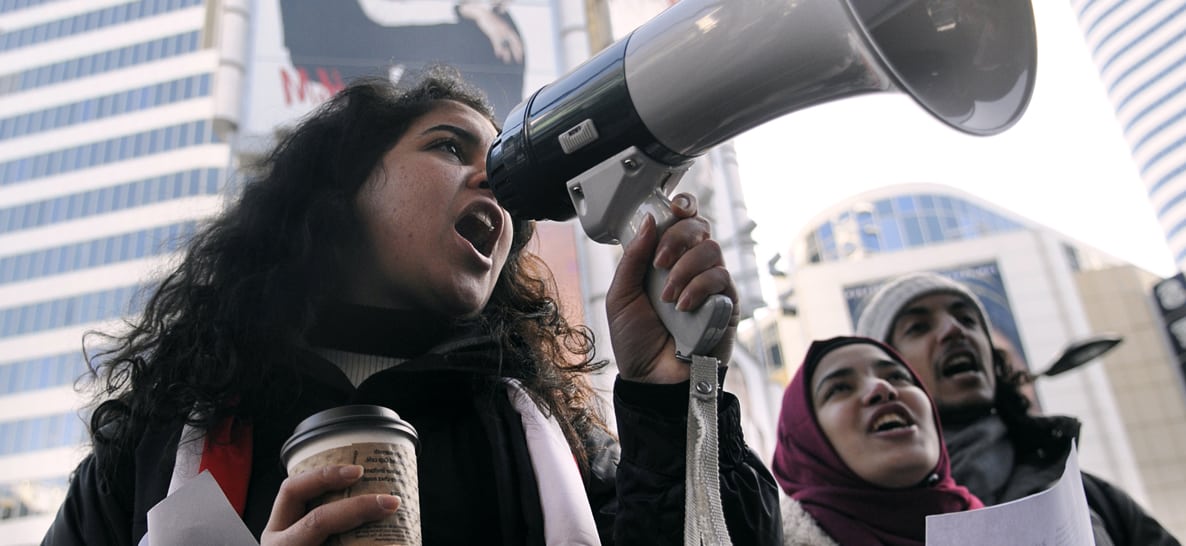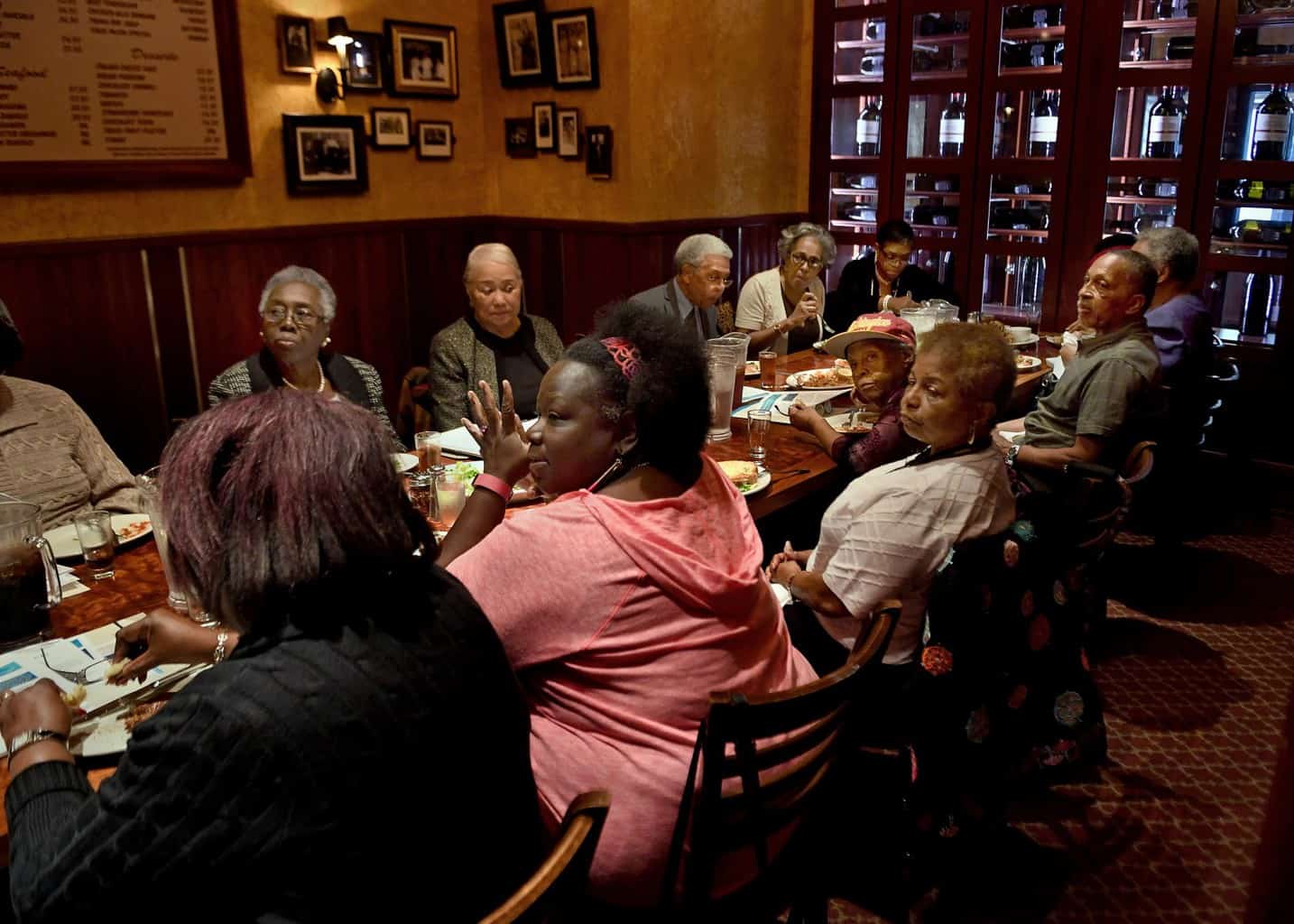
Christians in the U.S. are nervous. And it’s not just the older generations.
More than half of millennial-aged Christians think religious freedom is “worse” now than in the past few years, according to a Barna study. A slightly higher percentage (56) fears religious restrictions will only increase.
With few exceptions, the major cultural tensions within America this year center around religious liberty.
Some of these tensions were explicit, like the heated debates about the range of the rights of religious business owners. But even others, like the knee-jerk reactions against Muslim refugees, were ultimately about religious liberty, too.
People of faith feel the tension. A brand new CNN poll showed that most Christian groups, including mainline Protestants (73 percent) and Catholics (61 percent), believe “Christian values are under attack in America.” But how do these feelings stack up to Christians around the world?
In the State Department’s annual report about global religious liberty, researchers found that, overall, the number of countries with “high or very high” restrictions on religion is slightly decreasing. Still, this year saw some major setbacks.
In Russia, president Vladimir Putin infamously instituted anti-terrorism laws that radically restrict religious practice, namely evangelism. It seemed like the new laws might be little more than empty threats, but they have resulted in arrests of Christian leaders for “illegal missionary activity” (preaching).
Just a little later in the year, the mayor of Cannes, David Lisnard, banned Muslim women from wearing “burkinis”—a full-length, modest bathing suit—to the beach, calling them a “symbol of Islamic extremism” and fearing that they may spark public disorder.
In France and Russia, the idea is that a “safe” state should limit anything that distinguishes people as religious.
Undeniably, the United States faces complications related to freedom of religion, but against the backdrop of most of the rest of the world, America remains uniquely free.






















